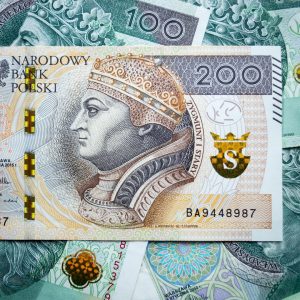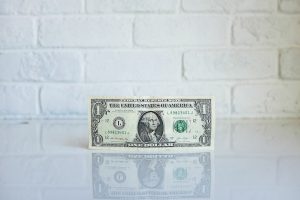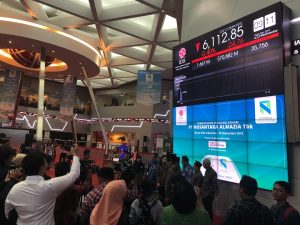Forex exchange, also known as foreign exchange, is the process of buying and selling different currencies. The forex market is the largest financial market in the world, with a daily turnover of over $5 trillion. Forex exchange allows individuals and businesses to exchange currencies for various purposes such as international trade, travel, investment, and speculation. In this article, we will explain how forex exchange works and provide some tips for successful trading.
1. Understand the basics of forex exchange
Forex exchange involves the exchange of one currency for another at an agreed-upon exchange rate. The exchange rate is the price of one currency in terms of another currency. For example, the exchange rate between the US dollar and the euro might be 1.20, which means that one euro is worth 1.20 US dollars. The exchange rate fluctuates constantly due to various economic and political factors.
Forex trading is done in pairs, where one currency is bought and another is sold. The currency being bought is called the base currency, and the currency being sold is called the quote currency. For example, if you are trading the EUR/USD pair, you are buying euros and selling US dollars.
2. Choose a forex broker
To trade forex, you need to open an account with a forex broker. A forex broker is a financial institution that provides access to the forex market and allows you to trade currencies. There are many forex brokers to choose from, so it’s important to do your research and choose a reputable and reliable broker.
When choosing a forex broker, consider factors such as regulation, trading platform, fees, and customer support. Look for a broker that is regulated by a reputable financial authority, such as the Financial Conduct Authority (FCA) in the UK or the Securities and Exchange Commission (SEC) in the US. Choose a trading platform that is easy to use and has the features you need, such as charting tools and real-time data. Compare fees and commissions, as these can vary widely between brokers. Finally, look for a broker with good customer support, as you may need help with your trades or account at some point.
3. Learn technical and fundamental analysis
To trade forex successfully, you need to understand the factors that affect the exchange rate of currencies. There are two main types of analysis used in forex trading: technical analysis and fundamental analysis.
Technical analysis involves analyzing charts and using technical indicators to identify trends and patterns in the market. This type of analysis is based on the idea that historical price movements can predict future price movements. Technical indicators include moving averages, MACD, RSI, and Bollinger Bands.
Fundamental analysis involves analyzing economic and political events that affect the exchange rate of currencies. This type of analysis is based on the idea that economic and political factors can affect supply and demand for currencies. Fundamental indicators include GDP, inflation, interest rates, and political events.
4. Develop a trading strategy
Once you have a basic understanding of forex exchange and have chosen a broker, you need to develop a trading strategy. A trading strategy is a set of rules that you follow when entering and exiting trades. Your strategy should be based on your goals, risk tolerance, and trading style.
There are many different trading strategies to choose from, such as swing trading, day trading, and scalping. Each strategy has its own strengths and weaknesses, and you should choose one that suits your personality and experience level.
5. Practice with a demo account
Before you start trading with real money, it’s a good idea to practice with a demo account. A demo account is a simulated trading account that allows you to trade with virtual money. This allows you to test out your trading strategy and get a feel for the forex market without risking any real money.
Most forex brokers offer demo accounts, and these are usually free to use. You can use a demo account for as long as you like, and you can switch to a real account when you feel ready.
In conclusion, forex exchange is a complex and exciting market that requires knowledge, skill, and discipline. By understanding the basics of forex exchange, choosing a reputable broker, learning technical and fundamental analysis, developing a trading strategy, and practicing with a demo account, you can increase your chances of success in the forex market. Remember to always manage your risk and never trade with money you can’t afford to lose.





